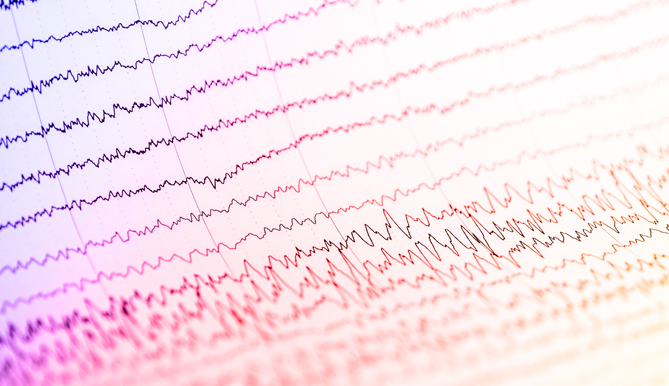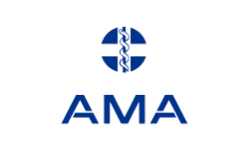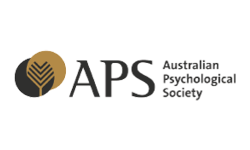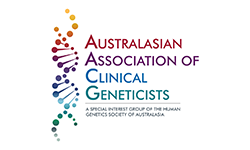Electroencephalograms (EEG) for Children
Note: We undertake sleep-deprived EEG studies during the day; we don’t provide overnight EEGs (‘sleep EEGs’) at this time.
What is an EEG?
An electroencephalogram (EEG) is a test that measures the electrical activity in the brain. Small discs are placed on the skin of your child’s head during the test. This is not painful, and the process of recording brain activity usually takes about 60 minutes.
Why are EEGs performed?
EEG tests check for signs of unusual brain activity, which may be caused by a range of conditions. Your doctor will explain what conditions they may suspect, which may include symptoms such as loss of consciousness, unexpected movements or behaviour, or developmental delays. The EEG test will help determine if unusual brain activity is linked to the symptoms your child is experiencing.
Are there any risks with performing an EEG?
The EEG has been used for many years and is considered a safe procedure. The test causes no discomfort. The electrodes record activity, they don’t stimulate nerves. In addition, there is no risk of getting an electric shock.
In rare cases, an EEG can cause seizures in a person with a seizure disorder. This is because of the flashing lights or the deep breathing that may be involved during the test. If your child does get a seizure, the healthcare provider will treat it right away.
How do I help my child get ready for an EEG?
To prepare your child for an EEG:
- Explain the test to your child and why it is being done.
- Wash your child’s hair the night before, and don’t put any hair products on the hair. If your child’s hair is long, don’t braid it or put it up, and remove hair extensions as they may affect the test.
- If your child is taking any medicines, let the healthcare provider know before the test.
- Follow any other instructions about when your child can eat before the test, or about keeping your child awake the night before if your child needs to be sleepy during the test.
- Your child should not have any drinks with caffeine on the day of the test
What happens during an EEG?
An EEG is done by a trained technician, and the electrical activity of your child’s brain is recorded on a computer. The EEG system also uses a video camera to record any physical activity. You can stay with your child and they bring a toy or stuffed animal for comfort if they like.
During the EEG:
- Your child will be asked to lie down.
- The person carrying out the test measures your child’s head and makes small marks on the scalp with a washable pencil.
- The technologist rubs each marked area with a lotion and applies the electrodes to each of the marked spots. This process can be unfamiliar or uncomfortable for some children and you may need to reassure them.
- The electrodes are connected to the EEG equipment and the test begins. Your child will need to sit or lie still. They may be asked to breathe fast, watching flashing lights, and try to sleep.
In rare cases, an EEG can cause seizures in a child with a seizure disorder. This is from the flashing lights or the deep breathing that may be involved during the test. If you notice signs that your child may be having a seizure, tell the technologist right away. The test usually takes around 60 minutes.
What happens after the EEG test?
Once the test is done, the electrodes are removed and spots where they were attached are cleaned. You may need or wish to wash your child’s hair once you get home.
Your child can return to their normal routine. If seizure medicines were held for the test, ask the doctor if they should be given after the test.
One of our paediatric neurologists will read the EEG and report the result to your child’s healthcare provider about the results. If the Lumina doctor ordered the test, they will discuss the results with you. If you were referred by another doctor for the EEG, make sure to schedule a follow-up appointment with your child’s healthcare provider to review the results of the test. The Lumina doctor will provide a report to them.
Please talk to your doctor, the EEG technician, or the Lumina doctors if you have any questions or concerns.














